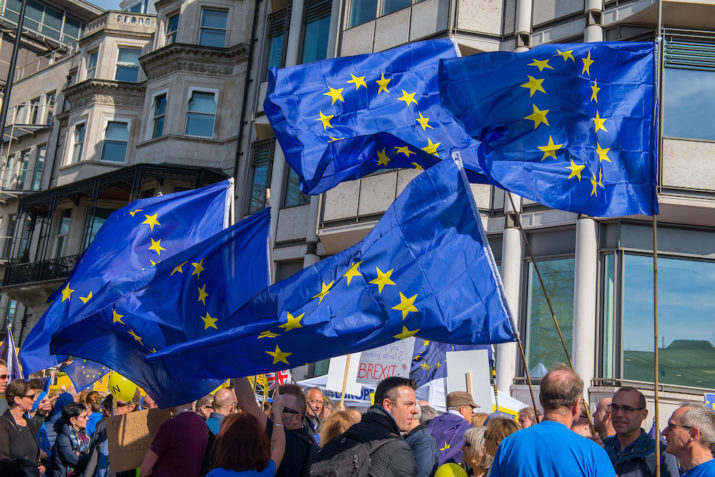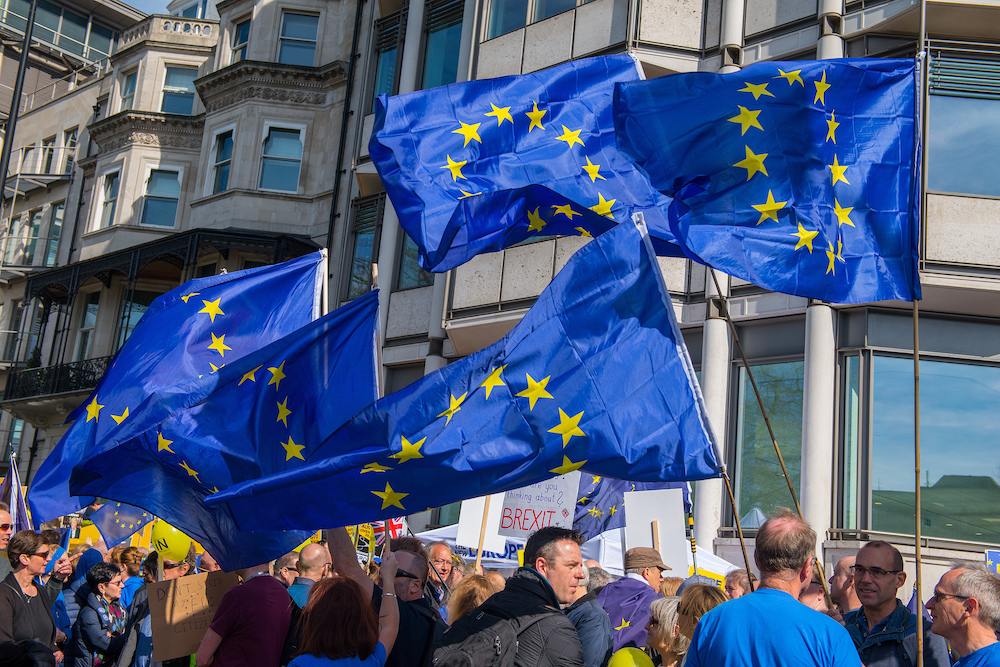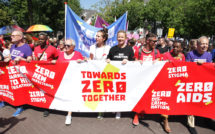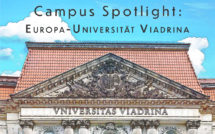

An introduction to our roundtable on European Integration
This is part of our special feature, Imagining, Thinking, and Teaching Europe.
The scholars in this roundtable explore, from a variety of substantive perspectives, the meaning and evolution of the concept of European integration and the tensions within it, interrogating an idea beholden to more than its share of conventional wisdoms, clichés, and airy nostrums. From its inception, European integration has ostensibly been driven by, to paraphrase De Gaulle, a “certain idea of Europe:” one of a shared set of historical, political, and cultural legacies that both reflect and reinforce opportunities for deepening economic and political cooperation. When one peers beneath the façade of this breezy, but well-entrenched, narrative of the past seven decades, however, one perceives a set of tensions and fractures that were perhaps always latent in the European project, but have grown markedly since the 1990s: the uneven distribution of costs and benefits of European economic policies across member states; discrepancies between the EU’s geopolitical stances and the values that it purports to champion; and a thin, and increasingly frayed, social contract that left millions of European in growing economic insecurity as the postwar boom ended in the 1970s, a development exacerbated by monetarism and the orthodoxies of fiscal austerity thereafter. These failures have been both laid bare and aggravated by a series of shocks, both exogenous and of the EU’s own creation: the bungled security response to the breakup of the former Yugoslavia, the inadequate fiscal and monetary policy response to the post-2008 financial crisis and ensuing Great Recession, the Eurozone crisis and the punitive and economically counterproductive treatment of states in the EU periphery; the chaotic and uncoordinated response to the migrant crisis of 2015-2016; Brexit and the attendant evaporation of the pretense of an “ever-closer union;” the emergence of right-wing populist movements and governments that have called into question the EU’s fundamental values of democratic politics and the rule of law; and, most recently, the COVID-19 pandemic, the greatest European public-health emergency since World War II.
In this context, the articles in this roundtable place the question of European integration—or disintegration—in stark relief, and revisit it with fresh eyes. Once taken as a self-reinforcing inevitability, European integration seems like an increasingly distant goal, a talisman that has become tarnished even as it has grown ever-more elusive, or at the very least a project that demands a greater degree of commitment and shared sacrifice than member states have so far been willing to accept. These pieces of scholarship explore distinct facets of the dynamics of European integration—political and policy postures vis-à-vis candidates for accession in central and eastern Europe; competing conceptions of sovereignty and the meaning of a shared European cultural space; the fraught process of tax harmonization and its implications for European fiscal policy—but in so doing explore a set of much more fundamental questions: Is integration merely a formal and institutional process? Does it reflect an underlying and organic consensus about political, social, and economic values? Is it, contrariwise, a synthetic product designed to manufacture a patina of consensus a priori and punish defectors? And, perhaps most basically, whose interests does it serve, with respect to both EU member states and its nearly 500 million inhabitants? Each with its own point of emphasis and with varying degrees of optimism, these contributions evoke these more fundamental questions about the core commitments of the EU itself and the political and economic aspects of European harmony and discord. Taken together, they push the reader to rethink, not only the future of European integration, but more generally the substance and future viability of the European project itself.
-
“Possible Scenarios for European (Dis)Integration Future” by Angélica Saraiva Szucko
-
“A Taxation Point of View: Towards a New Level of Integration in the European Union” by Mihaela Tofan
-
“The Lasting Impact of the Breakup of Yugoslavia” by Nikolina Zenovic
-
“Illusory Enlargement of the European Union” by Milos Rastovic
Mark I. Vail is a Professor of political science and a Faculty Fellow at the Murphy Institute of Political Economy at Tulane University. His most recent book, Liberalism in Illiberal States, was published by Oxford University Press in 2018. He has published work in the Journal of Comparative Politics, Governance, the Journal of Common Market Studies, and West European Politics, among many other venues. He has served as Political Science Editor of EuropeNow since 2018.
Photo:Thousands gather for the UNITE FOR EUROPE rally, through central London, in protest against the British governments’ BREXIT from the European Union | Shutterstock
Published on June 3, 2020.




